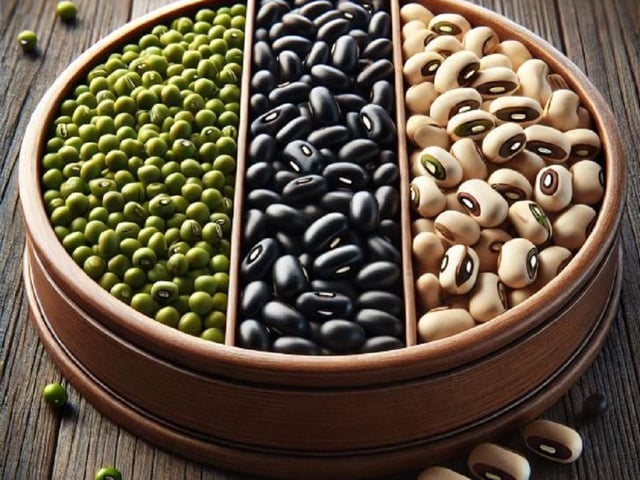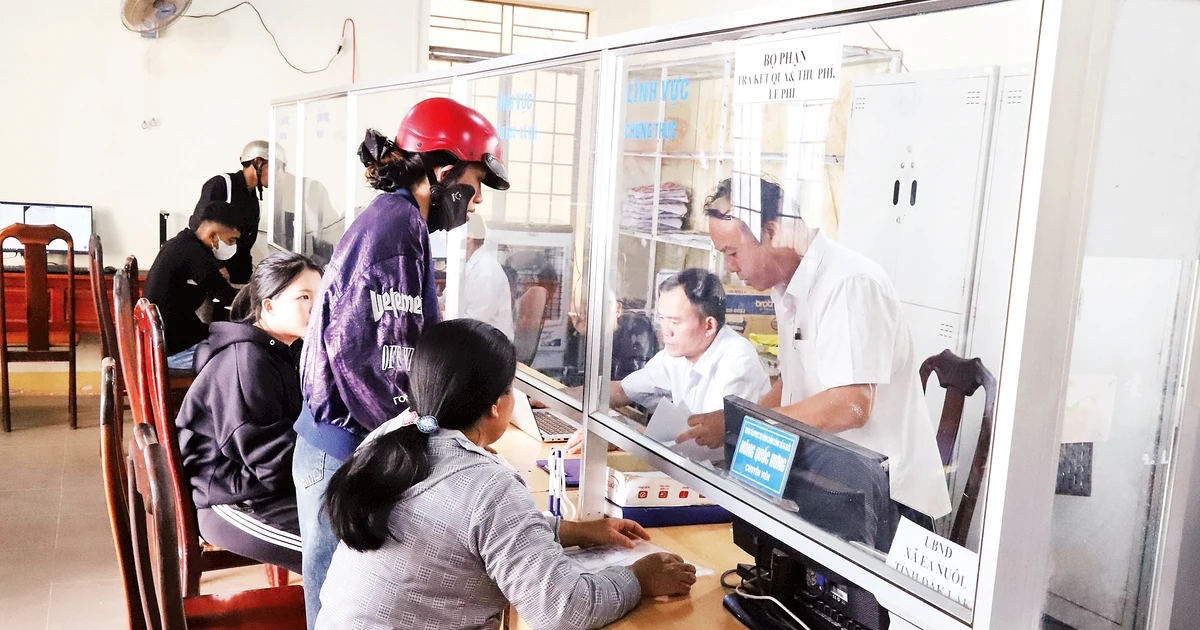To increase the amount of vegetable protein in the diet, people can apply the following methods:
Eat lots of beans

Beans are a great source of protein and fiber.
PHOTO: AI
Black beans, green beans, lentils, chickpeas, and peas are all good sources of plant-based protein. These beans are not only rich in protein, but also high in fiber. The fiber content in beans helps aid digestion, makes you feel full for a long time, controls weight, and is good for the heart. This is because beans are cholesterol-free and low in saturated fat, according to the health website Healthline (USA).
Use dairy products
Milk, yogurt, and cheese are all high-quality protein sources. They also contain essential nutrients like calcium and vitamin D.
Therefore, incorporating dairy products into your meals will significantly increase protein intake, while also providing other important micronutrients.
How to get protein without eating meat
Snack on nuts and seeds
Nuts like almonds, cashews, walnuts, macadamias, and seeds like sunflower and flax seeds are great protein-rich snacks. They are portable, convenient, and packed with healthy fats, fiber, vitamins, and essential minerals.
Foods rich in vegetable protein
Plant-based foods such as tofu, bean curd, bean curd skin, soy milk, soy flour or plant-based protein supplements are good sources of plant protein. They can replace part of the protein requirement from meat, helping to diversify and balance the diet.
Protein-rich cereals
Some whole grains such as brown rice, oats, quinoa, buckwheat contain vegetable protein which is very beneficial for health. In particular, quinoa is a source of complete protein, which means it contains all 9 essential amino acids that the body needs.
Consuming enough protein will help keep your muscles strong. For athletes , especially those who work out at the gym, protein will help your muscles develop well. In addition, protein-rich plants have a low glycemic index, avoiding sudden spikes in blood sugar. Depending on your physical condition and activity level, an adult needs to consume 0.8 - 1.2 grams of protein per kilogram of body weight per day, according to Healthline.
Source: https://thanhnien.vn/5-cach-giup-tang-hap-thu-protein-ma-khong-can-an-them-thit-185250313135203004.htm
























![[Photo] An Phu intersection project connecting Ho Chi Minh City-Long Thanh-Dau Giay expressway behind schedule](https://vstatic.vietnam.vn/vietnam/resource/IMAGE/2025/8/21/1ad80e9dd8944150bb72e6c49ecc7e08)






































![[Photo] Politburo works with the Standing Committee of Hanoi Party Committee and Ho Chi Minh City Party Committee](https://vstatic.vietnam.vn/vietnam/resource/IMAGE/2025/8/21/4f3460337a6045e7847d50d38704355d)
































Comment (0)